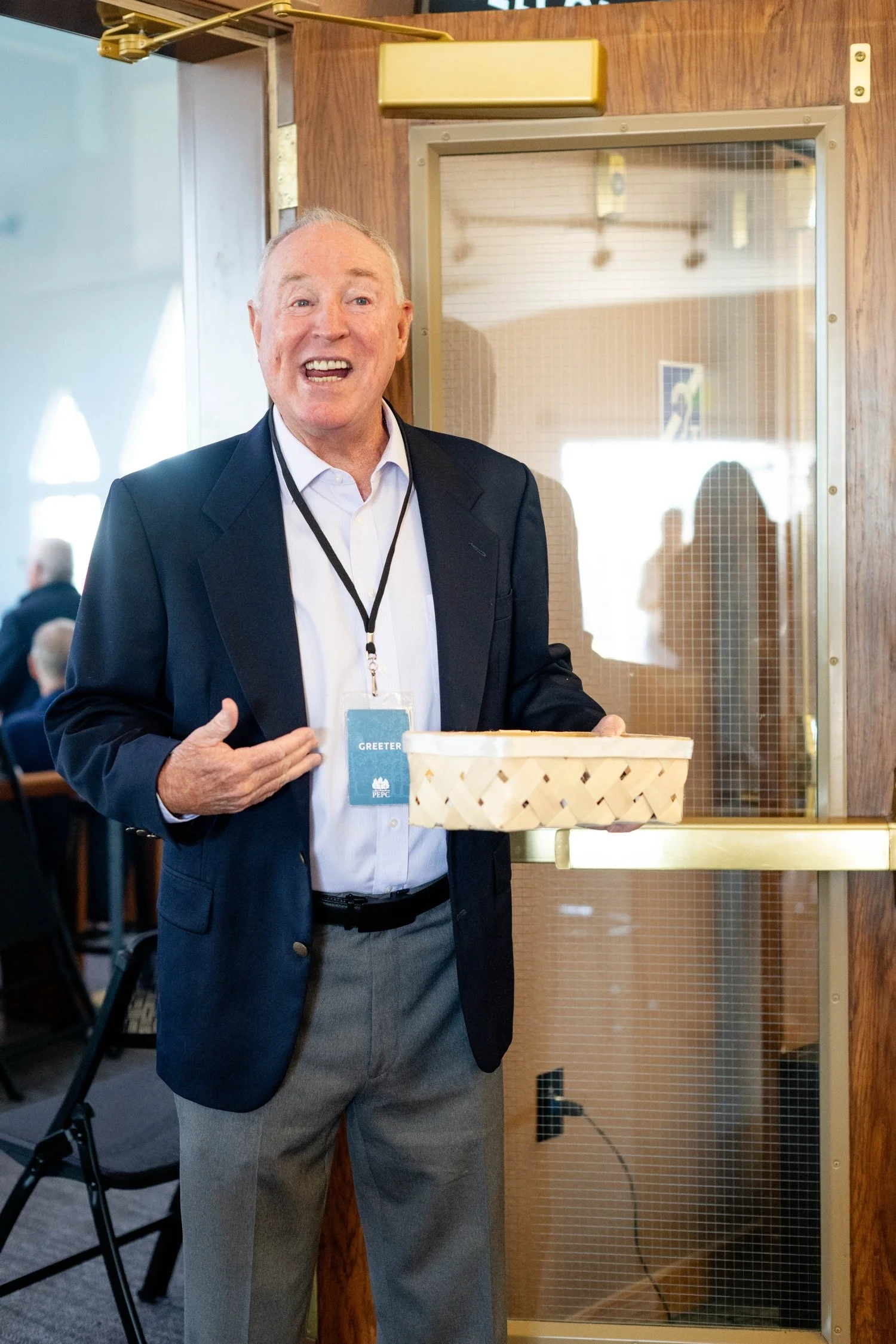Readings for today: Leviticus 16:29-18:30, Mark 7:24-8:10, Psalms 41, Proverbs 10:15-16
One of the hallmarks of the Judeo-Christian faith is its sexual ethic. From the opening pages of Genesis, God makes clear His design for sexuality. It is to be enjoyed within the boundaries of covenant marriage between one man and one woman. The physical act of sex is one sign among many of the “oneness” God created us to reflect as His image-bearers. Though it is often claimed otherwise, Jesus Christ affirms God’s design in Matthew 19:4-6 as does the Apostle Paul throughout his letters. This ethic is consistently portrayed throughout Scripture as the norm. The pattern. The paradigm for godly human relationships. Are there examples where God’s design is not followed? Absolutely. Polygamy, adultery, incest, rape, etc. all make their appearance in the Scriptures, many them being committed by God’s people. However, at no time does God affirm them as acceptable alternatives to His design.
The sexual drive of human beings is a powerful force. Almost impossible to resist. God knows this because He created it in the first place. Corrupted by the Fall, it leads to all kinds of self-destructive behaviors. Just look at the Canaanites as an example. Their culture was rife with sexual immorality. The fertility rites of their religion were essentially largescale sexual orgies in which the priests and priestesses had sex with multiple men and women. They also might re-enact Baal’s copulation with cows or offer their children as sacrifices. They communed with the dead by having sex with their closest living relative. All this in an effort to ensure the harvest for the coming year. Archaeological evidence suggests most Canaanites lived in fear of their priests. Marriages and families were torn apart and the unwanted children of these annual unions were often slaughtered on altars to Baal or Dagon. Sexually transmitted disease was likely epidemic; rape was perhaps as common as it is in the worst of today's war-ravaged nations. It is against this horrific backdrop that God issues the laws concerning sexual behavior in Leviticus 18.
Sadly, humanity refuses to listen. Sexual restraint is considered antiquated at best, bigoted at worst. Even the suggestion that sexuality be reserved for covenant marriage between a man and a woman is considered hate speech in some circles. Human beings desire sexual freedom above everything else but what have we gained? Shattered relationships. Rampant sexual abuse. A rise in sexually transmitted disease. Thousands of unwanted pregnancies. Does any of this give us pause? Cause us to stop and reflect that maybe our way is not the best way? No. Instead, we seek ways to make sex “safer.” We ignore the emotional toll it takes in a person’s life. We kill our babies in the name of “choice” because we don’t want to face the very real consequences of our actions. Far from making progress, we have simply reverted to type. We are no different, and certainly no better, than the ancient Canaanites!
There is only one way to experience true sexual freedom and that is to live within the restraints God has set up. They are for our good. For our protection. They are designed to help us flourish as human beings and experience the depths of intimacy. There is nothing like giving one’s whole self - body, mind, and soul - to a member of the opposite sex within the sacred covenant of marriage. It is designed to be a reflection of the unity God desires to have with His people. Some will argue this isn’t fair because not everyone can get married. Not everyone experiences heterosexual desire. Not everyone is able to find their soulmate. I understand and I grieve. It is a tender subject for me personally as I walk alongside those I love. Our world is truly broken. Our sexual desires are disordered, misdirected, and all jumbled up. All of us look forward to the Day when God makes all things new and sets all things right. On that Day, marriage will cease to exist according to Jesus because we will enjoy perfect intimacy with Him and with one another. No one will be left out. But until that Day comes, we must submit our sexuality to God. We must embrace God’s design. Sexual faithfulness within the covenant of marriage between one man and one woman or sexual faithfulness in celibacy as a single person.
I know that last statement sounds scary and again, unfair. It feels like God is robbing many of us of something very special. Unrequited sexual desire can lead to a sense of existential loneliness which is painful and all to real to so many in our world today. Depression, despair, and suicide haunt our loved ones who are struggling. This is where we must cling to the sufficiency of Christ. He is more than enough to meet all of our needs. He is faithful to comfort us in the midst of our grief. He gives us the strength to follow His commands. He recognizes we will suffer in this life and He promises He will make it up to us in the world to come. Furthermore, Christ does not leave us alone or adrift. He gives us the gift of His church. A family. A community of believers to fill the empty void in our hearts. Now I get the church is all kinds of messed up. The sexual abuse propagated by Roman Catholics and Protestants alike is terrifying and traumatic. But that’s not every church. In fact, it’s not even most churches. Most churches are like families where people from all walks of life can connect and find community.
Friends, if you are struggling to submit your sexuality - in whatever form - to Jesus, I want you to know you are not alone. I am here for you. PEPC is here for you. If you live out of state or out of the country, chances are there is a church nearby where you can go and find hope. You will be accepted for who you are. Given the space to wrestle with temptation in an authentic way. You will find a safe space to express your doubts, fears, and anxiety. Most of all, you will be challenged to fix your eyes on Christ and find your deepest satisfaction and fulfillment in Him.
Readings for tomorrow: Leviticus 19:1-20:21, Mark 8:11-38, Psalms 42, Proverbs 10:17




